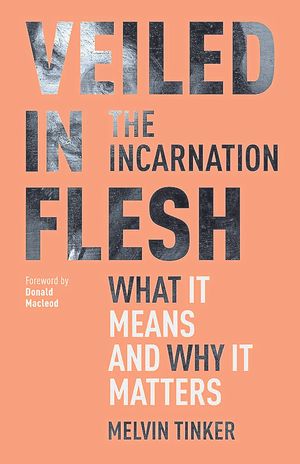Although this book deals with a profound mystery, it is written in an accessible style. It falls into two parts: an exposition of the Christological elements of the opening verses of Hebrews followed by an historical and systematic theological discussion of the incarnation.
Having been led by the end of chapter 5 to praise the one made lower than the angels, now crowned with glory and honour, we are ready to delve into the doctrine. Mr Tinker pounds the traditional emphasis on Christ as one person with two natures, each of which retains its own integrity.
He addresses some matters of debate. Of particular interest was the question whether the incarnate Christ had both a human and a divine will or just a single will. Although Tinker’s conclusion is different from that of many Bible-believing theologians, he does not class this issue among the non-negotiable aspects of the doctrine.
His chapter on what Lutherans called Calvin’s ‘extra’ (namely, that the Son of God during his incarnation was simultaneously in heaven holding the universe together) is very stimulating. The author demonstrates conclusively that Calvin was echoing teaching which dates from the early centuries. Quotations from six patristic and medieval scholars make the point.
Each chapter, apart from the preface and chapter 6, ends with discussion questions and an historic prayer. The thrust of the entire book is doxological, leading the reader towards worship. It is also profoundly consolatory, assuring believers in a fallen world that the Son of God can truly empathise, having been here in person.
Jonathan Bayes
Stanton Lees






